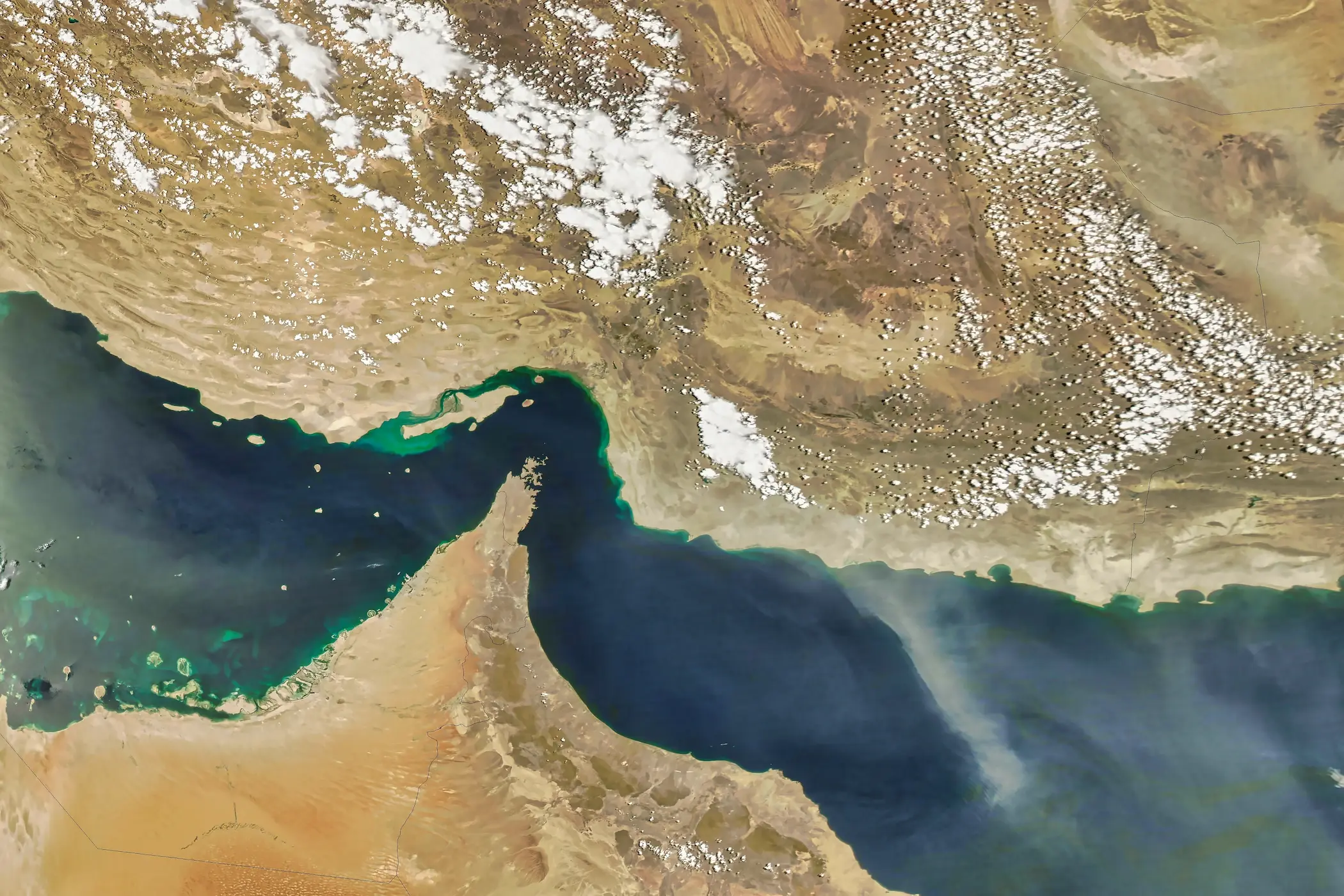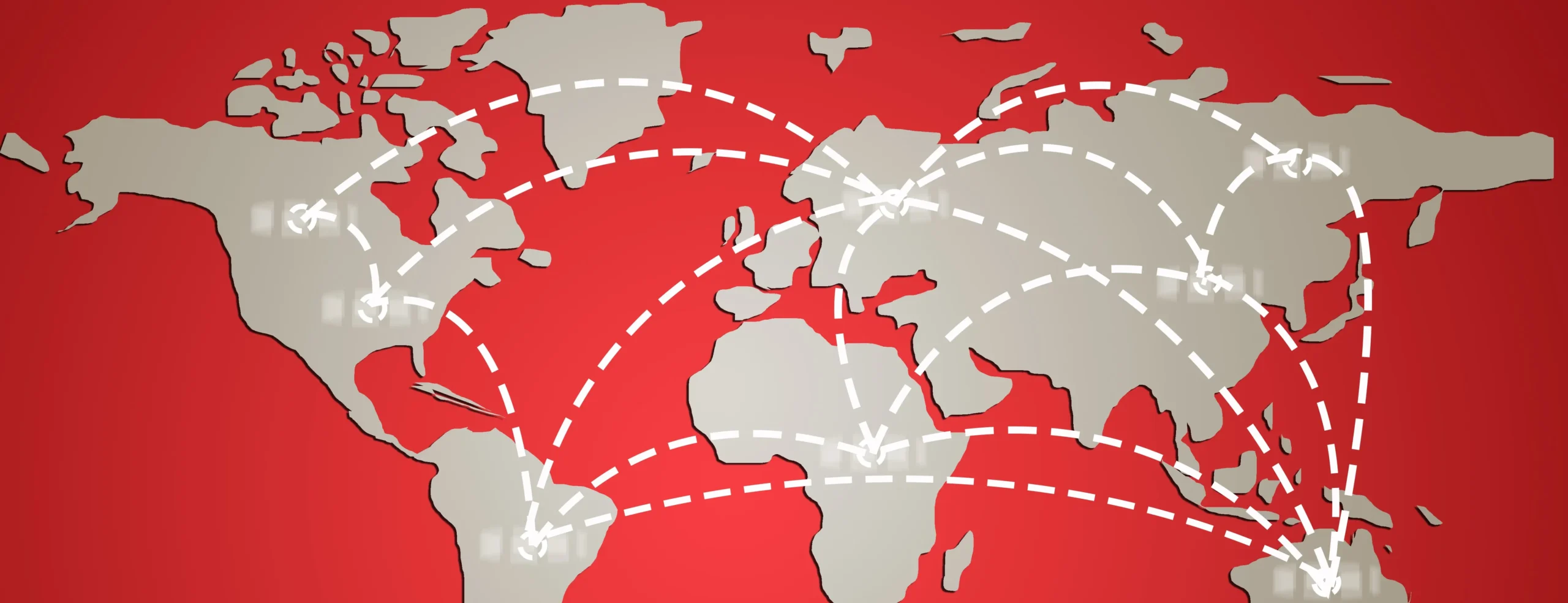The world is probably facing one of the worst debt crises in decades. The disruption of global supply chains caused by Covid-19, which resulted in shortages of many items and higher prices, caused more pressure on the international balance of payments and led to this high-level debt crisis. The Russia Ukraine conflict added to these inflationary pressures, and the United States (US) Federal Reserve's move to raise interest rates to combat US inflation has driven the dollar's value to its highest level in twenty years. As a result, countries that borrowed money in dollars now have more expensive debt since their currencies are worth less, which drives up the price of their imports even more. Consequently, developing countries turned to the International Monetary Fund (IMF) for financial support as a result of all these factors in order to deal with their debt crises and economic instability. The IMF in its turn grants loans to countries subject to the adoption of a number of harsh and rigorous economic reforms. Because of its austerity policies and conditionality, the IMF has come criticized and the question of whether the countries in crises actually benefit or suffer harm from the IMF has been raised. To evaluate the success of IMF policies, examples of countries that have benefited from IMF policies need to be examined to answer this question.
What are IMF Policies?
The IMF was established in 1944 to promote international monetary cooperation, facilitate international trade, and promote economic growth and global financial stability. When a member country experiences a balance of payments crisis, it can request financial assistance from the IMF. The IMF typically provides loans to countries that agree to implement specific economic policies and reforms designed to address the underlying causes of the crisis and promote economic stability. IMF policies refer to the economic policies and programmes that are recommended by IMF to its member countries. These policies are designed to promote international monetary cooperation, facilitate international trade, encourage economic growth, and reduce poverty. The IMF typically provides financial assistance to countries experiencing economic difficulties, such as high inflation, balance of payments problems, or unsustainable debt levels, in exchange for the implementation of policy reforms aimed at stabilizing the economy and promoting sustainable growth.
Depending on the circumstances of the country, the IMF may recommend different particular policy measures, although they generally fall into one of three categories: macroeconomic policies, structural reforms, or institutional reforms. Measures to address fiscal and monetary imbalances are frequently included in macroeconomic policies, such as lowering spending by the government, raising taxes, cutting subsides to fuel and foodstuffs and tightening monetary policy to rein in inflation. Restoring macroeconomic stability and ensuring that the country is not spending more than it can afford are the goals of these measures. Measures like deregulating industries, liberalizing trade, and enhancing the business climate are examples of structural reforms that attempt to increase the economy’s efficiency and competitiveness. These measures are intended to encourage long-term growth and improve the country’s capacity to compete in the international market. Institutional reforms, on the other hand, refer to actions taken to enhance the governance and transparency of the country’s institutions, such as enhancing the rule of law, enhancing public financial management, and lowering corruption. These measures attempt to advance sustainable economic growth and enhance the overall quality of governance.
Effectiveness of IMF Policies
While the IMF has been successful in helping some countries to stabilize economies and promote growth, its policies have also been criticized for their negative social and economic consequences in some cases. Critics argue that the IMF’s focus on fiscal austerity and market-oriented reforms has often led to social unrest, increased poverty, and economic contraction in some countries. The conditions related to the loans it offers have received by far the most critics. Meanwhile, IMF supporters counter that its policies have helped to stabilize economies, lower inflation, and spur economic growth in several developing countries. They argue that the IMF’s loans and policy recommendations have, in some situations, helped governments prevent economic catastrophes and reduce poverty. Many of the arguments against conditionality revolve on the fact that the IMF’s recommended policy programs for loan recipients frequently disproportionately affect the weakest segments of society while benefiting the ruling class and ostensibly boosting economic activity in the country.
To better understanding the discussion around the effectiveness of IMF policies, one should look at countries who have benefited from these policies. What is interesting to note is that there are several examples of countries in which the IMF policies were implemented successfully and countries in which the policies were criticized, it is therefore, difficult to provide a definitive answer to the question of how many countries have benefited from IMF policies. However, it is generally acknowledged that the effectiveness of IMF policies depends on a range of factors, including the willingness and ability of governments to implement reforms, the specific policies being implemented, and the broader political and economic context in which these policies are being implemented. South Korea is one such example. South Korea experienced a serious economic crisis in the late 1990s that was characterized by high levels of debt, a significant decrease in the value of its currency, and the failure of its banking system. In exchange for the implementation of a number of policy measures, the IMF responded by offering South Korea a package of financial assistance totaling $58 billion. South Korea was able to stabilize its economy and achieve steady economic growth due to the execution of these policy measures. In 2004, South Korea became the first country to repay its IMF loans ahead of schedule.
A number of variables, including the government’s strong commitment to reform, South Korea’s educated and competent workforce, and a positive global economic environment, have been cited as reasons for the country’s success in implementing the IMF’s policy measures. Overall, South Korea’s experience demonstrates that the correct circumstances can make the IMF’s policy measures effective in fostering economic stability and growth. Indeed, today South Korea is one of the fastest-growing economies; in 2021, it was one of the world’s largest economies and is currently at rank 10.
Likewise, there are several countries in which IMF have been criticized for their negative social and economic impact. One such example is Argentina. Argentina experienced a severe economic crisis in 2018, which was marked by high inflation, a huge fiscal deficit, and a precipitous decrease in the value of its currency. In response to this crisis, Argentina received a $57 billion loan package from the IMF in return for implementing a variety of measures designed to stabilize the economy and reduce its fiscal imbalances. However, there was significant social and political opposition in Argentina to the implementation of these policy measures since a large portion of the population felt that they were unfair and detrimental to the economic and social well-being of the country. Argentina’s economy struggled again in 2019, and the government asked the IMF to extend their loan deal. Argentina eventually defaulted on its debt in May 2020 as a result of postponed IMF-Argentina talks. Since then, the IMF and Argentina have been working to renegotiate the terms of the loan agreement and address the country’s economic challenges. However, the two have continued to have a contentious relationship, with some Argentines accusing the IMF of being to blame for their country’s economic problems and demanding for a revision of the loan arrangement.
Hence, this disparity between the success of the IMF policies in some countries and their failure in others may require a change in its policies to help countries achieve economic growth.
Does the IMF Need to Change its Policies?
The IMF does not use the same policy measures in all developing countries, as each country has unique economic circumstances and challenges. However, the IMF does have a set of standard policy measures that it recommends to member countries, known as “conditionality”, which are designed to address issues such as inflation, fiscal deficits, and balance of payments problems. The IMF’s recommendations for a single developing country’s policies varies depending on a number of variables, including the country’s economic status, the severity of its issues, and the political and social environment in which it works. In order to create a programme of policy measures that are suited to the country’s particular conditions, the IMF normally collaborates with the government of the country.
Although the IMF claims it uses policy measures that are tailored to specific circumstances for each country, this claim is not true since it usually uses a one-size-fits-all approach that does not take into account the unique circumstances of each country. This means that they are inappropriate for the social or economic circumstances of a specific country which may exacerbate rather than resolve economic issues. Therefore, the IMF needs, before granting any loan, to assess accurately the case of the country to know the economic reforms and measures that need to be implemented to overcome its challenges and achieve economic sustainable growth.
Moreover, the IMF has to be more critical about the implementation of the measures it requires and ensure their non-failure in the borrowing country through enhanced monitoring. This will represent a win-win situation for both the IMF and the borrowing country since the country will achieve economic growth and the IMF will get back its loans which will enable it to help many more countries.
Hence, the IMF needs to be more responsive to the unique circumstances of each borrowing country to consider the potential social and economic impacts of its policies through the assessment of each country’s measures and through consultation with the local stakeholders of the borrowing country.
References
IMF Lending [Internet]. [cited 2023 Apr 30]. Available from: https://www.imf.org/en/About/Factsheets/IMF-Lending
Macroeconomic Policy and Poverty Reduction [Internet]. [cited 2023 Apr 30]. Available from: https://www.imf.org/external/pubs/ft/exrp/macropol/eng/
Good Governance–The IMF’s Role [Internet]. [cited 2023 Apr 30]. Available from: https://www.imf.org/external/pubs/ft/exrp/govern/govindex.htm
Stubbs T, Kentikelenis A, Ray R, Gallagher KP. Global Development Policy Center Poverty, Inequality, and the International Monetary Fund How Austerity Hurts the Poor and Widens Inequality. [cited 2023 Apr 30]; Available from: www.bu.edu/gdp
Relations EI. Is the Growing Criticism of the International Monetary Fund Justified? [cited 2023 Apr 30]; Available from: http://www.imf.org/external/np/loi/2010/irl/120310.pdf
Biglaiser G, McGauvran RJ. The effects of IMF loan conditions on poverty in the developing world. J Int Relat Dev (Ljubl) [Internet]. 2022 Sep 1 [cited 2023 Apr 30];25(3):806–33. Available from: https://link.springer.com/article/10.1057/s41268-022-00263-1
Korean Crisis and Recovery [Internet]. [cited 2023 Apr 30]. Available from: https://www.imf.org/external/pubs/nft/seminar/2002/korean/
S. Korea now ranks world’s 10th biggest economy : Business : News : The Hankyoreh [Internet]. [cited 2023 Apr 30]. Available from: https://english.hani.co.kr/arti/english_edition/e_business/992192.html
The IMF bashes the IMF over Argentina | The Economist [Internet]. [cited 2023 Apr 30]. Available from: https://www.economist.com/finance-and-economics/2022/01/08/the-imf-bashes-the-imf-over-argentina
IMF Conditionality [Internet]. [cited 2023 Apr 30]. Available from: https://www.imf.org/en/About/Factsheets/Sheets/2023/IMF-Conditionality












Comments